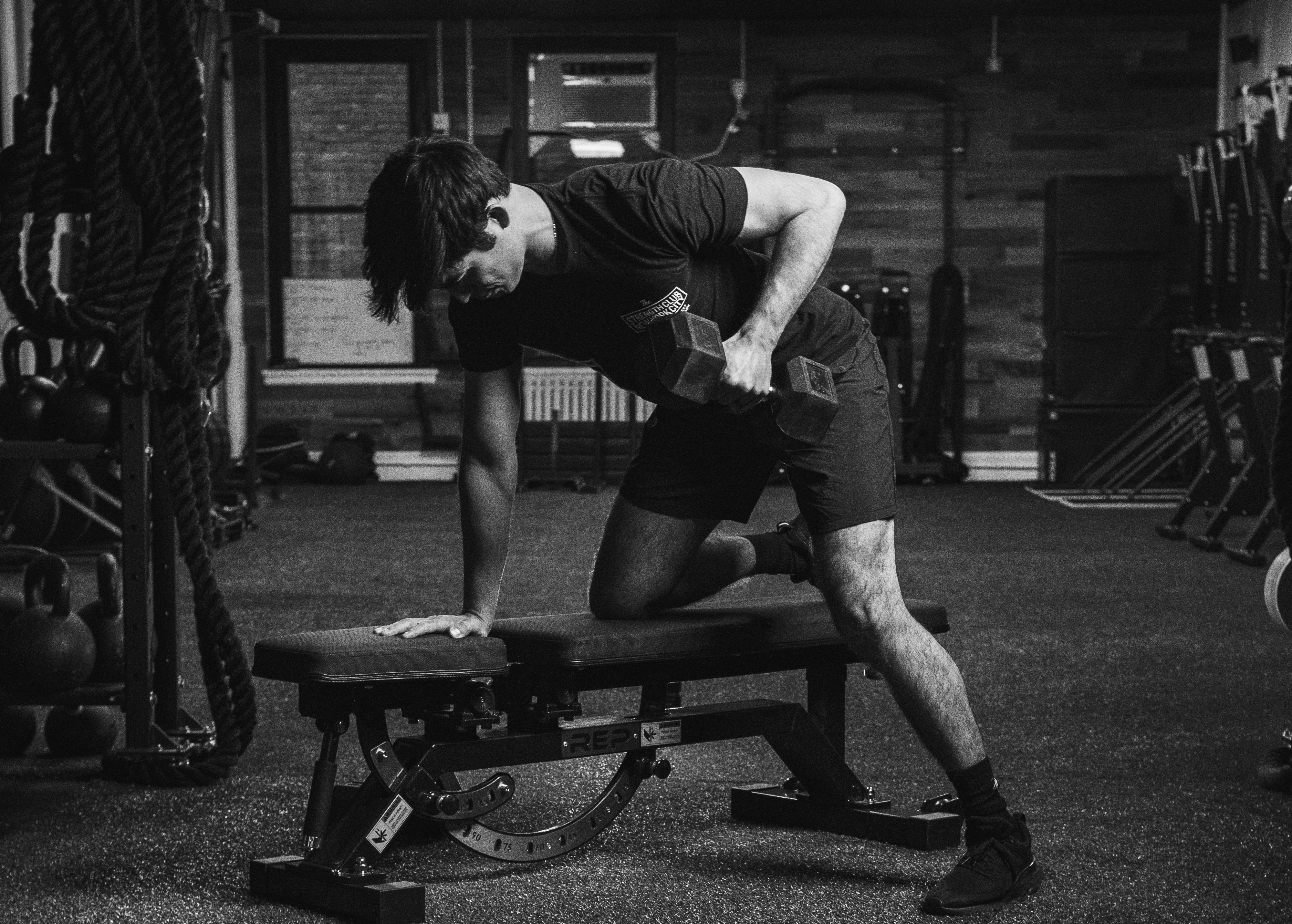You might think that you need to perform the full range of motion with each exercise to achieve the best outcome when it comes to muscle growth. The different exercises were specifically designed to take your muscles through the full range of motion, so it would seem that performing the full exercise as intended would be the way to see optimal muscle-boosting results. A new study compared the effects of long-length partial repetitions with full range of motion (ROM) resistance training on strength endurance and muscle growth, and the results might surprise you. Let’s take a look at the research.
What is a long-length partial rep?

Lengthened partial reps refer to half repetitions that you perform repeatedly at the part of the lift when your muscles are the most lengthened. For example, if you were performing a bicep curl, this would refer to the bottom half of the bicep curl, or if you were performing a squat, it would be the bottom half of the squat. The idea is to perform about 50% of the rep. That being said, this new study shows that performing 50% of the rep certainly doesn’t only generate 50% of the muscle-building results.
The study

The researchers set out to determine if training in the long-length partial position yields similar or different results when it comes to muscle hypertrophy and endurance. 30 healthy resistance-trained individuals took part in the 8-week study training program, and each of their arms was assigned to:
- Full range of motion: Completing all reps at the full range of motion until failure
- Lengthened partials: Completing 50% of the rep at the lengthened part of the rep until failure.
The participants trained twice every week and completed four sets of four different exercises for each training session. They performed exercises like the flat machine chest press, the bench dumbbell row, the cable single-arm pulldown, and the cable pushdown. The researchers used interesting methods like ultrasonography to measure muscle hypertrophy of the elbow extensors and flexors.
The results

The full range of motion training produced a 55% increase in muscle thickness of the humeral length, and the lengthened partial reps produced a 45% increase, which isn’t statistically significant in this study. In other words, there was no significant difference between the two, and both the full range of motion training and the lengthened partial reps yielded similar results regarding muscle growth and strength endurance.
The bottom line

Another interesting study showed that training calves in the lengthened position resulted in 43.3% more muscle growth compared to training in the shortened position. As long as you’re completing the full range of motion or the lengthened partial portion of the exercise, you should still see muscle growth and reap the rewards of your efforts over time.




